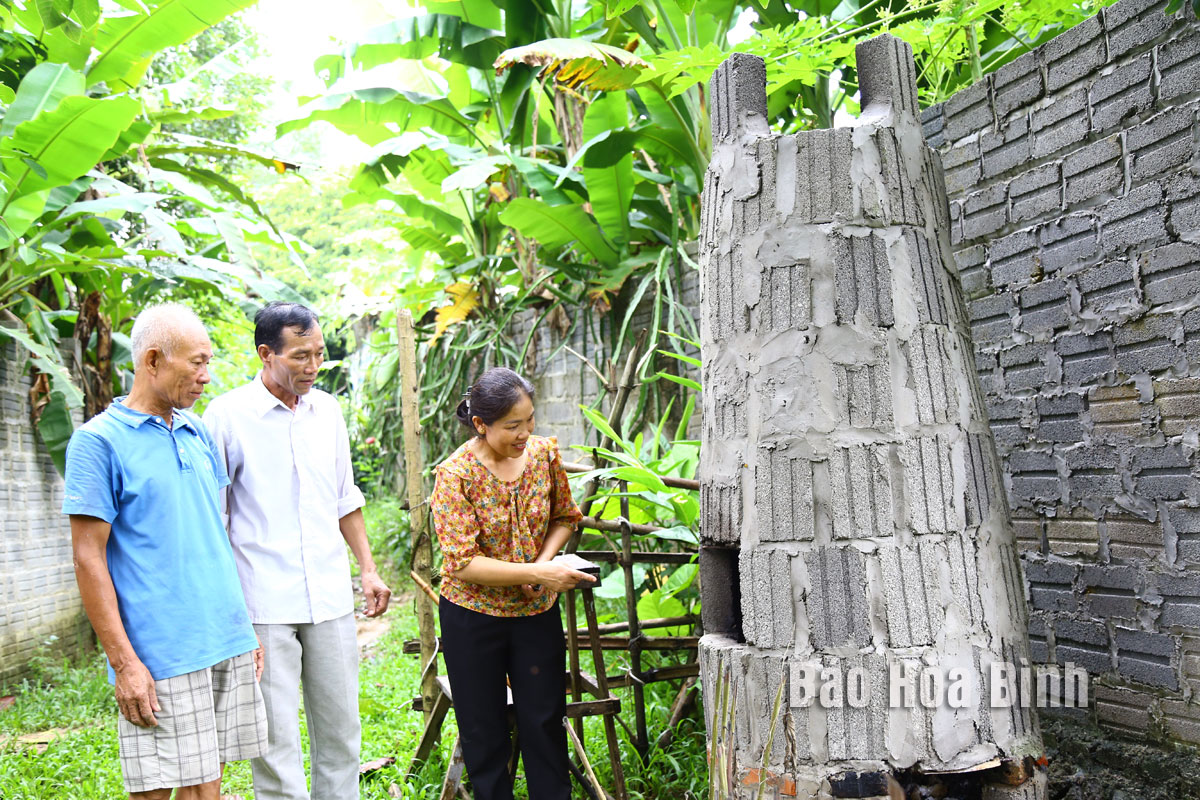



Tran Duc Van, Vice Chairman of An Binh Commune People's Committee, said that when implementing the national target programme to build new-style rural areas, the commune has issued an action plan and launched emulation campaigns.
The Party Committee and People's Committee of An Binh commune determined that the ultimate goal of building new-style rural areas is to improve people's lives.
In recent years, people from all walks of life in the commune have been creatively and actively transforming the economic structure, shifting to high-value crops and livestock, and applying scientific and technical advances to production and livestock farming. Therefore, the economy has developed strongly and become more and more sustainable. By 2022, the commune's average income per capita reached 72 million VND. The poverty rate was 12.93%.
According to Van, currently, the commune continues to strengthen solutions to meet the criteria of advanced new-style rural areas. In 2023, the commune strives to have three out of its 14 villages - Dai Dong, Duc Binh, and Ninh Ngoai – recognised as advanced new-style rural areas.